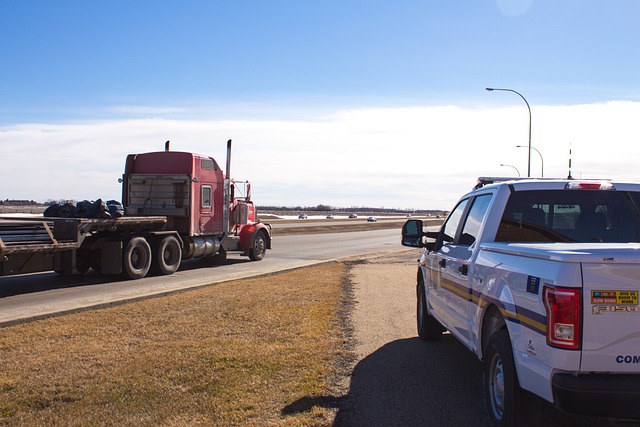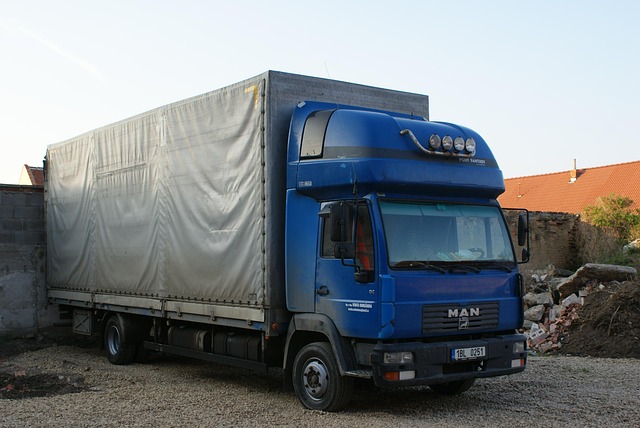“Unraveling the process of registering your car in California? This comprehensive guide will navigate you through each step, ensuring a smooth experience. From understanding the fundamentals of California’s car registration to securing essential documents for VIN verification, we’ve got you covered. Learn how to perform a Vehicle Identification Number (VIN) check efficiently and submit applications with ease. By following these straightforward instructions, you’ll soon hold your registration certificate, making your vehicle legal on California roads.”
- Understanding the California Car Registration Process
- Gather Required Documents for VIN Verification
- Perform Vehicle Identification Number (VIN) Check
- Submit Applications and Pay Fees
- Receive Your Registration Certificate
Understanding the California Car Registration Process

Understanding the California Car Registration Process
In California, registering a car involves several key steps designed to ensure vehicle safety and compliance with state regulations. The process begins with a thorough vin verification (Vehicle Identification Number) to confirm the vehicle’s authenticity and history. This step is crucial as it helps in detecting any outstanding issues like theft or outstanding loans tied to the vehicle. After passing this initial check, you’ll need to provide essential documentation, including proof of ownership, insurance, and identification.
A vin inspection can be conducted at designated DMV locations or through a mobile vin verifier, offering convenience for busy individuals. This inspection goes hand-in-hand with completing the registration application, which requires detailing information such as the vehicle’s make, model, year, and estimated value. Once all documents are in order and the fee is paid, your car will be officially registered, allowing you to legally operate it on California roads.
Gather Required Documents for VIN Verification

Before you begin the registration process in California, it’s crucial to gather all the essential documents for VIN (Vehicle Identification Number) verification. This step is a critical part of ensuring your vehicle complies with state standards and can be achieved efficiently with the help of a mobile vin inspection service. You’ll need the following:
1. A valid driver’s license or state-issued ID card.
2. The certificate of title, which proves ownership of the vehicle. This document is typically obtained from the previous owner or the dealership where you purchased the car.
3. Proof of insurance, as California law mandates that all vehicles on its roads must be insured.
4. A completed and signed California Vehicle Registration Application form.
5. The vehicle’s VIN number will also be required during this process, which can typically be found on the driver’s side door frame or in the vehicle’s manual. For convenience, consider using a mobile vin verifier to quickly and accurately capture this information.
Perform Vehicle Identification Number (VIN) Check

Before registering your car in California, it’s crucial to perform a Vehicle Identification Number (VIN) check. This step is essential for ensuring that the vehicle you’re planning to register is legitimate and has not been reported as stolen or had its identity altered. A mobile VIN inspection or vin verification service can be particularly useful here, allowing you to conduct the check conveniently without visiting a DMV office. These services utilize advanced technology to cross-reference your vehicle’s unique VIN with national databases, providing immediate results regarding the car’s history and condition.
By utilizing a mobile vin verifier, you can save time and effort while ensuring compliance with California’s registration requirements. This verification process is as simple as entering your VIN into an online platform or app, which will then connect to state records and deliver comprehensive insights about your vehicle. Remember, accurate and up-to-date information is vital when registering a car, so make sure to perform this essential step before proceeding with the registration process in California.
Submit Applications and Pay Fees

To register your car in California, you’ll need to submit the necessary applications and pay the required fees. This process typically involves several key steps. First, you must complete the Application for Title and Registration form, which can be obtained online or from a local DMV office. Ensure that all information is accurate and up-to-date, including your personal details and vehicle specifications.
Along with the application, you’ll be required to pay various fees, such as the registration fee and a $25 VIN verification fee. The Vehicle Identification Number (VIN) verification is a crucial part of the process, ensuring that your car matches the information on record. You can opt for a mobile VIN inspection or visit a DMV location for this step. It’s essential to have all documents in order to streamline the registration process and avoid any delays.
Receive Your Registration Certificate

After successfully completing the registration process, the California Department of Motor Vehicles (DMV) will issue your vehicle’s registration certificate. This document is crucial for legally operating your car in the state and should be kept with your vehicle at all times. The certificate includes essential details such as your vehicle’s unique Vehicle Identification Number (VIN), which undergoes a thorough vin verification process to ensure its authenticity.
Receiving your registration certificate marks a significant step, especially when utilizing modern services like mobile vin inspection. This allows for convenient and quick verification of your car’s registration status and VIN accuracy. With just a few simple steps, you can access this information remotely, ensuring peace of mind that your vehicle is registered correctly and up-to-date with California’s requirements.
Registering a car in California involves several straightforward steps, from understanding the process to submitting applications and paying fees. Ensure you have all required documents ready for a smooth VIN verification process. Once completed, you’ll receive your registration certificate, marking the official recognition of your vehicle within the state’s transportation system.
